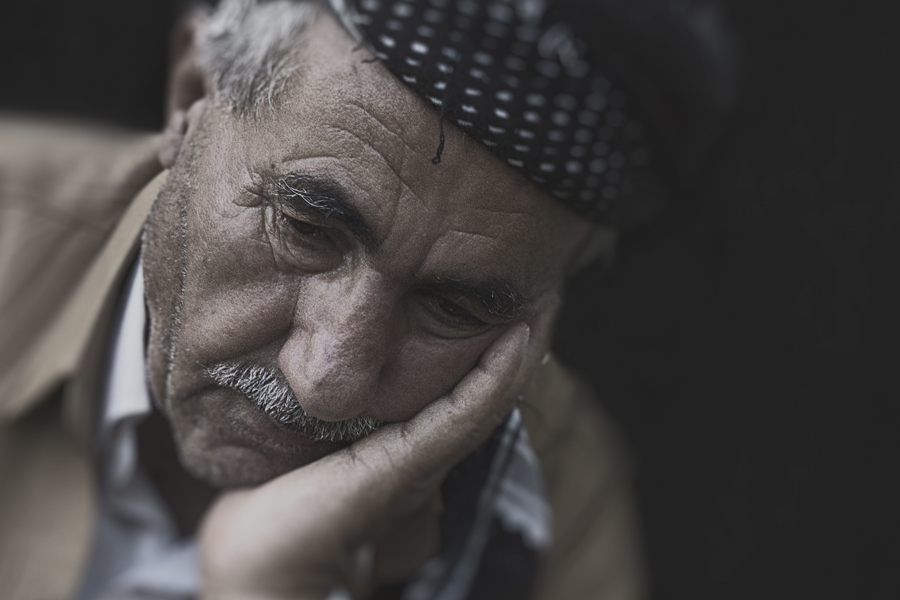(Originally published June 15, 2016)
When you look at the news, there’s pain and violence on every broadcast. But is this something we should help our clients process?
Patrick Dougherty would say yes. And he has some clear, helpful guidelines for how to bring up difficult and divisive political and social issues in therapy.
It’s one way we can help clients become more regulated and healthy as they interact and engage in their sphere of influence.
Patrick Dougherty, MA, LP, is a licensed psychologist, teacher, and author. He’s worked with collective trauma since shortly after serving with the Marines in Vietnam and working in Northern Ireland during The Troubles.
___________________________
With all the upheaval in the world – from refugee and immigration issues, to mass shootings and terrorism, to the growing nationalistic movements and beyond, we all are being impacted. Many people are becoming overwhelmed with all these issues/events and not processing the emotional/social impact on them. And it is often leaving us with growing collective anxieties, despair and trauma’s that are mostly going recognized and unprocessed.
While we are at an unprecedented moment of time in the history of the world, we also have unprecedented tools to respond to this collective trauma. One such tool is our understanding of the importance of neurological regulation, and because many of these issues/events happen between people, regulation that is especially helpful is a connection with a deeply attuned other.
Certainly in order to help our clients we have to be attending to our own anxieties, fears and grief’s from how the world impacts us. We are, after all, citizens and therapists, often being impacted by these events at the same moment our clients are. We need to be ready and willing to face these issues as they happen in order to help our clients. So everything I suggest below for our clients is also a good protocol for us.
There are three ways I have found for therapists to bring up these social/political concerns and to invite clients to talk about them in therapy.
- Write a short letter explaining your concerns about the impact of current world events on the mental health of individuals, and then put these letters in the waiting room where your clients will have a chance to read it before their session. I have liked writing this letter as it helps me focus my thoughts.
- Ask your clients at the beginning of the session how they are doing with the recent events in the world. This has felt awkward for me initially, but it became easier and felt more relational then the letter in my waiting room
- Write an email to all of your clients. This can be especially helpful at times when there is an event that you are sure is having an immediate affect on most people. It also helps them begin to understand that these events can impact their mental health.
I have found that I need to be quite directive in these conversations at times, as for some clients it is most easy to talk about social/political issues through opinions or diatribes. I have developed some clear guidelines for myself that help me guide them in this conversation.
- I ask them what impact the social/political issues are having on them emotionally and socially. My most recent query of my clients brought up not a surprising but an alarming amount of fear, anxiety, and despair, and several clients curbing some of their normal social activities.
If they start going into opinion or a rant, I stop them quickly, asking them to come back to the more personal impact of current events, and remind them that we are concerned about the emotional and social impact of these issues in their lives.
- Know that I times I will join them, as a fellow citizen, when the grief or trauma of an event is fresh for both of us, and that it is not just “therapeutic” but human and relational to do so.
Having found through these discussions that the majority of people that are not rattled by current events are those that are civically engaged in their communities, I now ask a question I would have been very uncomfortable asking prior to this. And that question is, “Do you think there is any civic engagement you could or would like to do that would help you respond to your feelings of ____________?”
As therapists we know that when we feel vulnerable it either draws us closer to others or pushes us away. Our clients need us to be aware of these issues in their lives and to be a deeply attuned presence to help them to process these issues and regulate their nervous systems in order to help them live an engaged and conscious life in this chaotic and changing world.
Originally posted on the website for the National Institute for the Clinical Application of Behavioral Medicine (nicabm) on June 15, 2016. http://www.nicabm.com/trauma-how-to-help-clients-process-their-fears-about-world-events/
